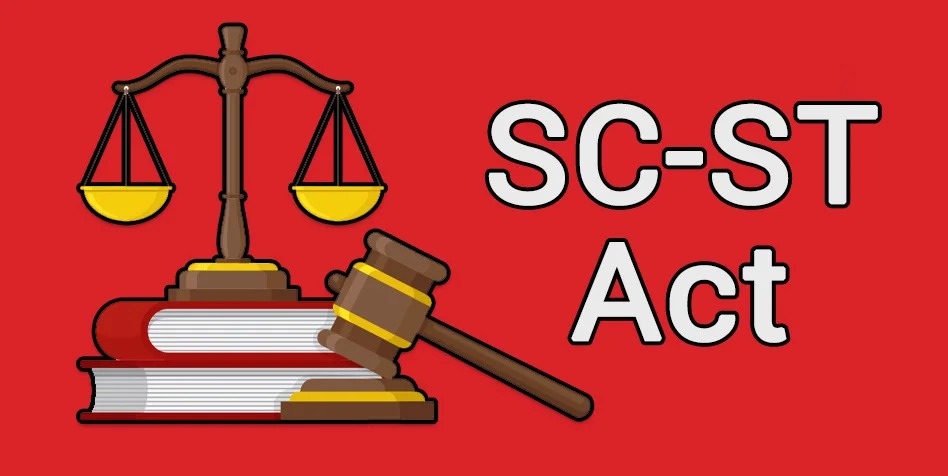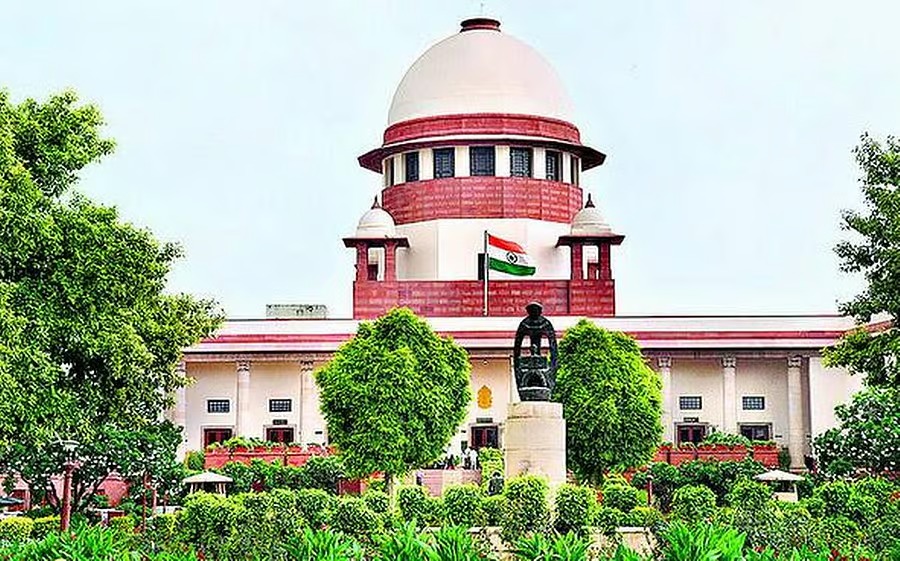J.B. Koshy, J.@mdashThis appeal is filed by the insurance company. Contention raised by the insurance company was that the driver of the offending vehicle insured by it had no valid driving licence. As per the charge-sheet, the earlier licence expired before the date of accident, i.e., 2.5.1996. It was renewed only on 2.5.1996. Therefore, according to the appellant, on the date of accident there was no driving licence. The Apex Court in Narcinva V. Kamat v. Alfredo Antonio Doe Martins 1985 ACJ 397 (SC), held as follows:
(12) It is contended on behalf of the insurance company that the appellant No. 2 did not have a valid driving licence. It is the insurance company which complains that there has been a breach of one of the important terms of the contract of insurance as evidenced by the policy of insurance (the whole of which was not shown to us) and that the appellant No. 2 who was shown to be driving the vehicle at the relevant time, did not have a valid driving licence to drive the pick-up van. The insurance company complains of breach of a term of contract which would permit it to disown its liability under the contract of insurance. If a breach of a term of contract permits a party to the contract to not to perform the contract, the burden is squarely on that party which complains of breach to prove that the breach has been committed by the other party to the contract. The test in such a situation would be who would fail if no evidence is led. The language and the format in which issue Nos. 7 and 8 have been cast by Tribunal clearly casts the burden of proof on the insurance company. Not an iota of evidence has been led by the insurance company to show that the appellant No. 2 did not have a valid driving licence to drive the vehicle.
2. In this case, the driver had a valid licence before the date of the accident and there is no case to establish that absence of the driving licence was the cause of accident. In
(9) ...Question then is: Can the insurance company repudiate a claim made by the owner of the vehicle which is duly insured with the company, solely on the ground that the driver of the vehicle who had nothing to do with the accident did not hold a valid licence? Answer to this question, in our opinion, should be in the negative. Section 149 of the Motor Vehicles Act, 1988 on which reliance was placed by the State Commission, in our opinion, does not come to the aid of the insurance company in repudiating a claim where driver of the vehicle had not contributed in any manner to the accident. Section 149(2)(a)(ii) of the Motor Vehicles Act empowers the insurance company to repudiate a claim wherein the vehicle in question is damaged due to an accident to which driver of the vehicle who does not hold a valid driving licence is responsible in any manner. It does not empower the insurance company to repudiate a claim for damages which has occurred due to acts to which the driver has not, in any manner, contributed, i.e., damages incurred due to reasons other than the act of the driver.
3. No evidence was also adduced by the insurance company to show that absence of driving licence is the cause of accident. Except relying on the police records, there is no evidence to show that even though such a charge was made that he was convicted for the offence.
4. Burden is on the insurance company to prove that there is violation of the policy of insurance. [See:
(102)(i) Chapter XI of the Motor Vehicles Act, 1988 providing compulsory insurance of vehicles against third party risks is a social welfare legislation to extend relief by compensation to victims of accidents caused by the use of motor vehicles. The provisions of compulsory insurance coverage of all vehicles are with this paramount object and the provisions of the Act have to be so interpreted as to effectuate the said object.
(ii) Insurer is entitled to raise a defence in a claim petition filed u/s 163-A or Section 166 of the Motor Vehicles Act, 1988, inter alia, in terms of Section 149(2)(a)(ii) of the said Act.
(iii) The breach of policy conditions, e.g., disqualification of driver or invalid driving licence of the driver, as contained in Sub-section (2)(a)(ii) of Section 149, has to be proved to have been committed by the insured for avoiding liability by the insurer. Mere absence, fake or invalid driving licence or disqualification of the driver for driving at the relevant time, are not in themselves defences available to the insurer against either the insured or the third parties. To avoid its liability towards insured, the insurer has to prove that the insured was guilty of negligence and failed to exercise reasonable care in the matter of fulfilling the condition of the policy regarding use of vehicles by duly licensed driver or one who was not disqualified to drive at the relevant time.
(iv) The insurance companies are, however, with a view to avoid their liability, must not only establish the available defence(s) raised in the said proceedings but must also establish ''breach'' on the part of the owner of the vehicle; the burden of proof wherefor would be on them.
(v) The court cannot lay down any criteria as to how said burden would be discharged, inasmuch as the same would depend upon the facts and circumstances of each case.
(vi) Even where the insurer is able to prove breach on the part of the insured concerning the policy condition regarding holding of a valid licence by the driver or his qualification to drive during the relevant period, the insurer would not be allowed to avoid its liability towards insured unless the said breach or breaches of the condition of driving licence is/are so fundamental as are found to have contributed to the cause of the accident. The Tribunals in interpreting the policy conditions would apply ''the rule of main purpose'' and the concept of ''fundamental breach'' to allow defences available to the insurer u/s 149(2) of the Act...
(Rest not very relevant)
5. The two-member Bench decision in
6. It is a finding of fact. Even if contention of the appellant is accepted, the amount due to the third party liability has to be ordered to be deposited by the insurer and recovered from the insured as held by the Apex Court in
7. Notice is not served on respondent No. 2, the insured in this case so far. So, without serving notice, we cannot issue such a direction. In any event, appellant was not able to prove that there is violation of the policy condition.
8. In the above circumstances, we dismiss The appeal.

